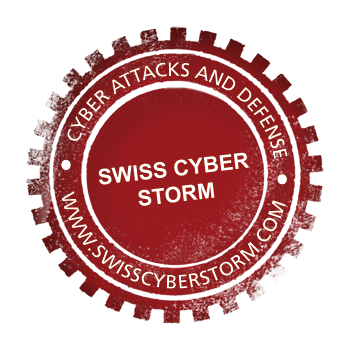AI and Human Rights
Council of Europe is the pan-European human rights organization. It has forty-six member states and is based in Strasbourg, France. The Council was established in 1949, on the initiative of leading European statesmen, such as Sir Winston Churchill, to promote and protect human rights, democracy, and the rule of law. This, to ensure that the horrors of the Second World War would not be repeated. The organization deals with all matters of government, with the exception of national defence. It has established some 200 international treaties, called conventions, ranging from human rights, data protection, gender equality, and cultural diversity to combating racism, cybercrime child abuse, domestic violence, and terrorism.
Although the work of the EU or international organizations, such as the UNESCO or the OECD, sometimes seems to overshadow the Council of Europe in terms of AI, the latter is setting binding legal standards on a global level.
The Council of Europe realized already a long time ago that new technologies can have a massive impact on human rights, rule of law, and democracy. Hence, they have been on the agenda of the organization since the 1980s. Consider, for example, the first ever treaty on the protection of personal data, adopted about forty years ago. The Convention 108, as it became known, can be considered the grandmother of today’s GDPR. It was established at a time when virtually no country in the world had any legislation on data privacy and protection in place.
The Convention now has fifty-five state parties, with some twenty more regularly participating in the work of its Consultative Committee (T-PD). Or take the Budapest Convention on Cybercrime established just over twenty years ago, which remains the only international treaty on cybercrime to date and has seventy state parties from all continents.
As it became clear that the development and use of AI did not only bring benefits but also posed risks to human rights, democracy, and the rule of law, the Council gradually began to address AI governance.
This presentation is held by Jan Kleijssen.
-
Swiss Cyber Storm is an international IT security conference in the domain of cyber attacks and defense.
Subscribe to the newsletter:
Copyright © 2024 Swiss Cyber Storm powered by Nine.
